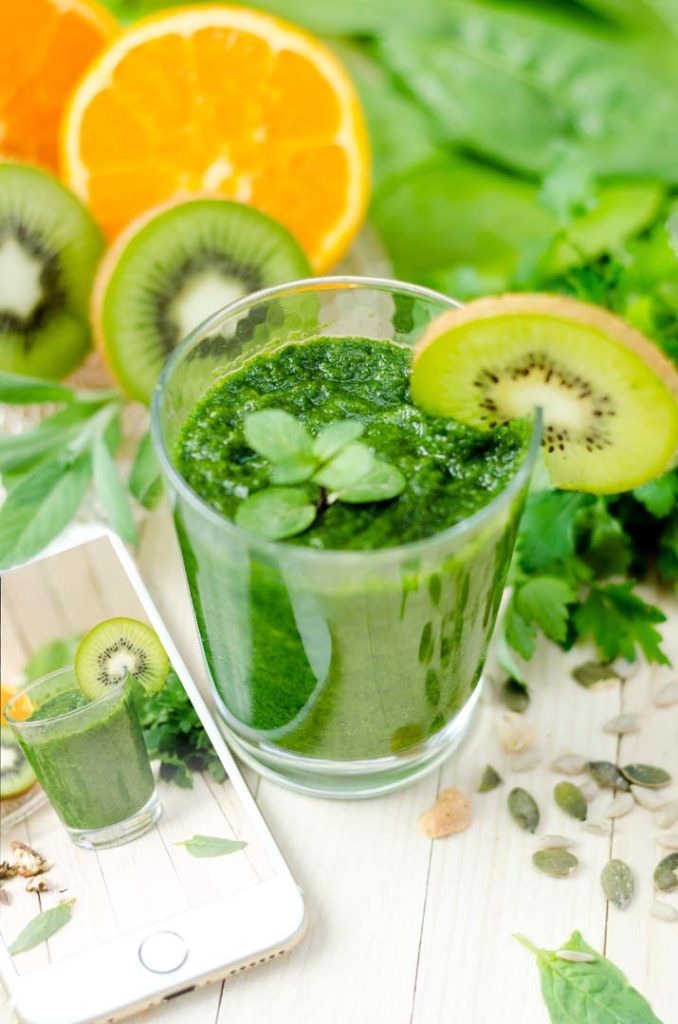Toxins are defined as an antigenic poison or venom of plant or animal origin, especially one produced by or derived from microorganisms and causing disease when present at low concentration in the body.

Toxins are nearly always proteins that are capable of causing disease on contact or absorption with body tissues by interacting with biological macromolecules such as enzymes or cellular receptors. Toxins vary greatly in their severity, ranging from usually minor and acute (as in a bee sting) to almost immediately deadly (as in botulinum toxin). The following are ways in which toxins can enter the human body:
Vaccinations
Carcinogens (everyday poisons)
Mercury poisoning
MSG: “Mono Sodium Glutamate has been found to be more toxic than all other food toxins, poisons and allergens. People have stronger reactions to MSG than arsenic or mercury.”
Aspartame – Nutra Sweet
Pesticides – Hidden in your foods
Milk
Food Additives
Antobiotics
Refined Salt
Amalgam – Mercury Health Risk
Fluoride
Sugar
Mercury Toxicity – Alzheimer’s Disease, Dementia
Detoxify Your Body
The body normally accumulates waste in the lower colon, building toxins that affect good health. Feelings of sluggishness, skin problems, aches and pains, digestive problems and a number of other symptoms are factors that stem from accumulative toxins in the body.

Detoxifying methods have been practiced for centuries by many cultures around the world. Detoxification is about resting, cleaning, removing waste and nourishing the body from the inside out. By removing and eliminating toxins, then feeding your body with healthy nutrients, you will be re-nourishing and recharging your body, while avoiding dangerous health hazards that could cause serious health issues or even death. Detoxifying your body will help protect you from disease and renew your ability to maintain optimum health.
How Does Detoxification Work?
Detoxification is intended to remove toxic substances from the body until the bloodstream is free of toxins. It does this mainly by removing impurities from the blood in the liver, where toxins are processed for elimination. The body also eliminates toxins through the kidneys, intestines, lungs, lymph and skin. However, when this system is compromised, impurities aren’t properly filtered and every cell in the body is adversely affected.
A detox program can help the body’s natural cleaning process by:
Resting the organs through fasting
Stimulating the liver to drive toxins from the body
Promoting elimination through the intestines, kidneys and skin
Improving circulation of the blood, and
Refueling the body with healthy nutrients
“Detoxification works because it addresses the needs of individual cells, the smallest units of human life.”
How Do You Know if You Need to Detoxify Your Body?
Everyone should “detox” at least once a year. There have been cases where people have had waste in their colon to the tune of 60 to 70 pounds. A short detoxifying program is generally safe. In fact, scientific studies show that a detox is beneficial for health. Consult your health care practitioner if you have questions about whether detoxing is right for you.
Today, with more toxins in the environment than ever, “it’s critical to detox,” says Linda Page, N.D., Ph.D., the author of Detoxification. Page recommends detoxing for symptoms such as unexplained fatigue, sluggish elimination, irritated skin, allergies or low-grade infections, bags under the eyes, a distended stomach even if the rest of your body is thin, menstrual difficulties, or mental confusion.

















